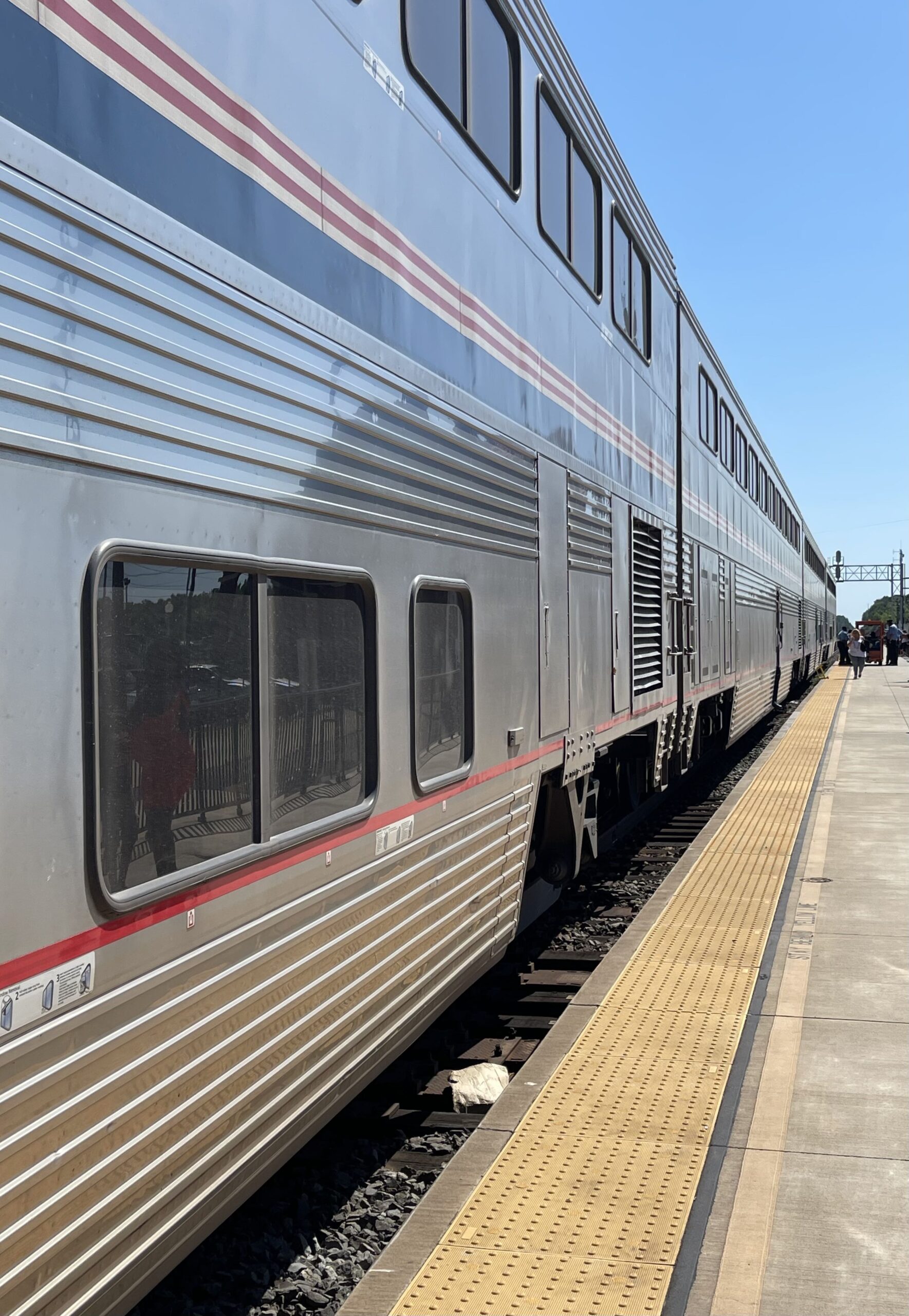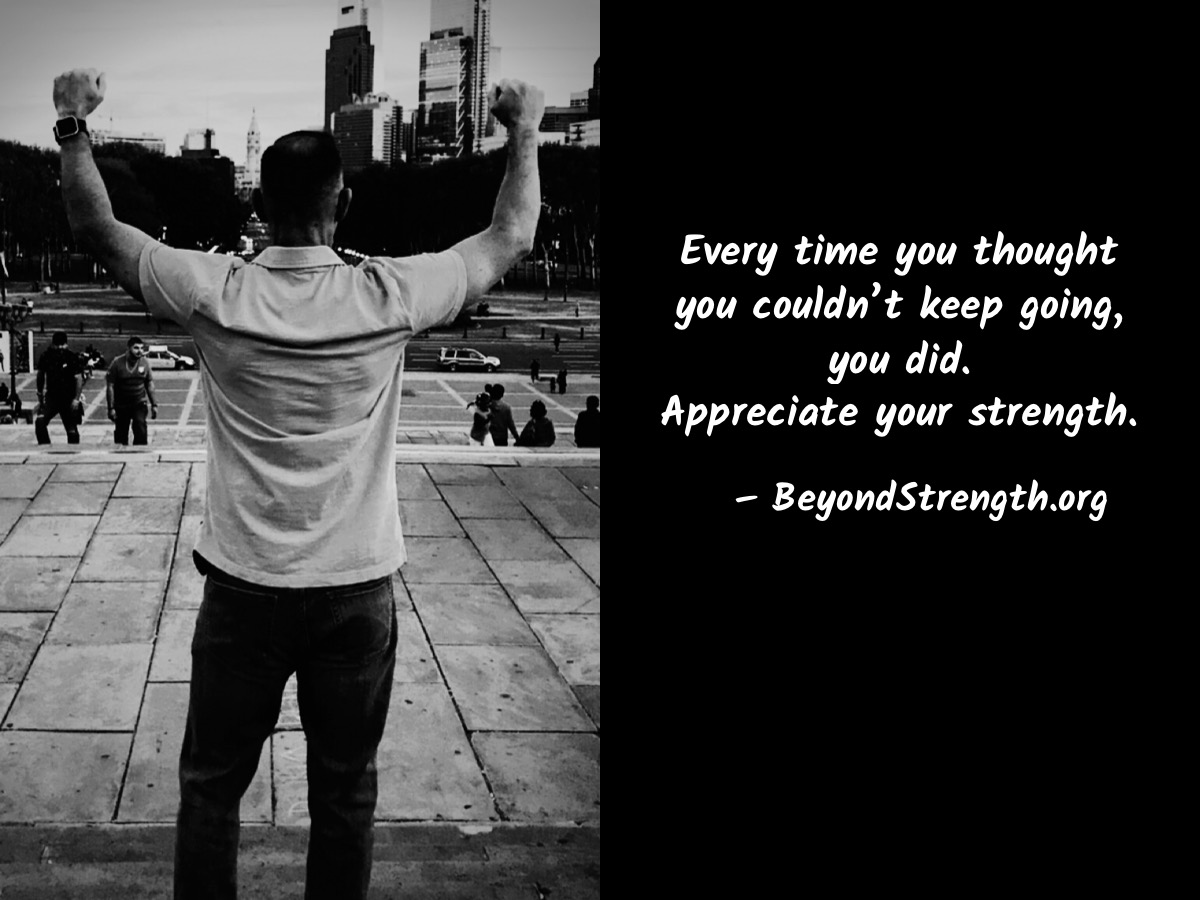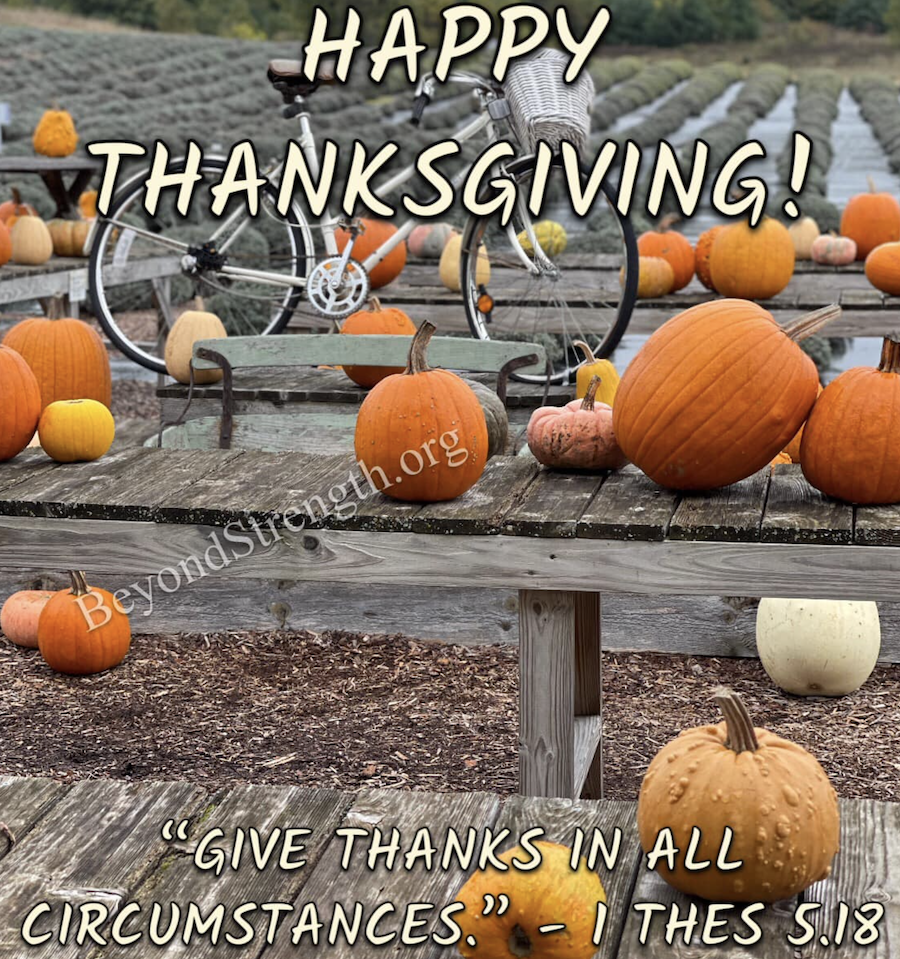Do good. Be rich in good deeds. Be generous and willing to share. (1 Tim 6.18)
As I began writing this a few days ago, I was retuning from Bogota, Colombia, where for the second time in three months I had the privilege of helping deliver training to investigators from Central and South America as part of the U.S. Department of Justice’s International Criminal Investigative Training Assistance Program (ICITAP). The week prior, I was presenting at another investigations seminar closer to home. Even as I type this, I am traveling to the nation’s capital to emcee and help facilitate an International DNA and genealogy summit. Yesterday’s participation in a unique high school career and technical education event simply added to an incredibly meaningful and busy last few months. And while busier lately than I anticipated, I’m grateful for opportunities to continue serving; particularly when it involves consulting on cases or presenting, lecturing, and teaching on related subjects.
The pejorative sentiment “Those who can, do; those who can’t, teach.” is a sort of truncated excerpt originating from George Bernard Shaw’s Man and Superman that is clearly directed at educators. Perhaps Shaw never intended it to be as offensive or ubiquitous as it has become, but I’ve lost count the number of times I’ve heard it over the years. Sadly, two former colleagues must have really liked it, because they spewed it more than anyone else. It was clearly intended to mock those, like me, whose responsibilities included the in-service education of others in our line of work. I took it all with a grain of salt, knowing it was more rooted in envy and my position firmly outside their in-group than anything else. But I still didn’t much care for it.
Even on the outside chance those using that expression don’t intend it disrespectfully, it’s hard to miss the implication that those who teach others are somehow viewed as unskilled, incompetent, or otherwise unable to perform the actual job; relegating them instead to teach about it. In most cases that couldn’t be further from the truth.


Those who can, do both!
“The safest thing for a patient is to be in the hands of a man involved in teaching medicine.” (Charles H Mayo)
My opinion, which also serves as a rebuttal of sorts to the begrudging purveyor of this lame George Bernard Shaw quip, is this: those who have the ability and opportunity to do both have also the obligation. It doesn’t end with job change or retirement, either. Even when those who can are done doing what they did, how is the next generation of doers expected to know how to do it if not taught by someone who did? For not unlike the best and most respected military officers having often been prior enlisted members, people with job-related experience and subject matter expertise often make the best and most revered instructors. They are typically capable, engaging, and effective lecturers on their respective subjects. Of course that’s not always the case. Sometimes highly qualified and technically proficient workers are horrible public speakers and the last person you would want teaching or coaching others; like the occasional enlisted member who commissions into nothing more than a just higher ranking nincompoop. Likewise, there are a great many who have no real hands-on, practical experience related to their subject matter yet are remarkable teachers and lecturers.
Personally, I’m glad there were those before me who placed a high priority on educating others about the job, and freely did so in a way that kept my interest and successfully transferred valuable knowledge to help me do it better. Their calling was true and contributions immeasurable.
I’m certainly no professional orator, but I do embrace my love of it and consider the ability to speak, teach, and communicate information effectively among the gifts I have been blessed with. God has blessed each of us with certain gifts and abilities that align with our calling and purpose in life, and we glorify him when we respond to that call. How can I NOT respond to that call? How can I NOT perform to the best of my God-given ability at whatever I undertake, be it the doing or the teaching?


An apostle and a philosopher…
“Whatever you do, work art it with all your heart, as working for the Lord, not for human masters. (Col 3.23) – Apostle Paul
“Do well what you have in hand.” – Marcus Aurelius
“So whether you eat or drink or whatever you do, do it for the glory of God.” (1 Cor 10.31) – Apostle Paul
“Work long and hard; have few wants; work with your own hands; don’t meddle in others’ affairs; be unwilling to listen to slander.” – Marcus Aurelius
Rather than cheekily running others down to feel better about ourselves or deflect from our own discomfort with public speaking, maybe we should instead do everything we can to benefit others with the blessings we’ve been endowed.
Summary
People ask me all the time what I’m doing in retirement. A number of those who ask seem surprised that with rare exception, everything I do is charitable: gratis, without compensation. In other words, pro bono publico (Latin): done for the public good. I don’t say this for self-inflation…I say it because I personally feel that as long as I have the means, time, and ability, it is my responsibility and calling to use the gifts God gave me to benefit others and help make the world a better place. How selfish it would be to withhold from others the knowledge, skills, gifts, and abilities graciously and temporarily on loan to me for work here on earth for that very purpose?
Those who can, do. Those who can’t, don’t.
But those who teach, do both. Because they’re unselfish and awesome.
Get Strong. Be Strong. Stay Strong.































